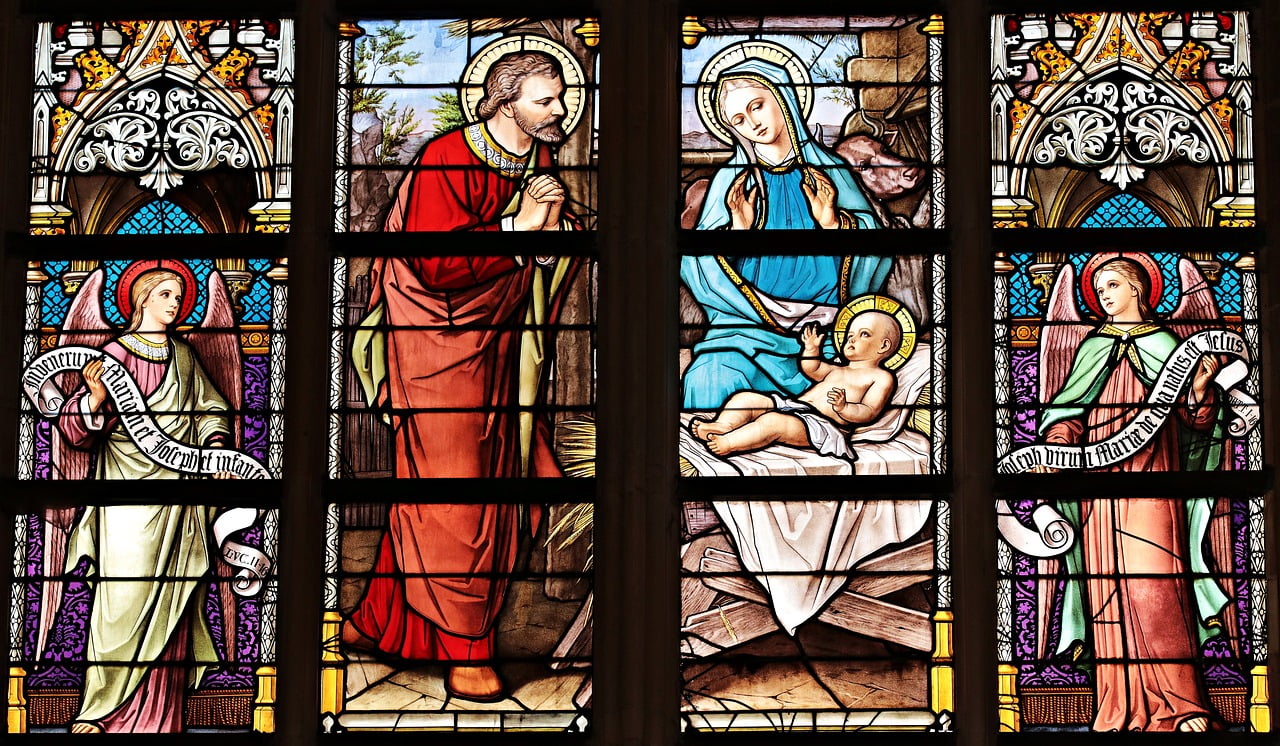Understanding the Relationship Between Christ and the Church
Many people reject the Catholic Church and claim that believing in Christ alone is enough for salvation. They argue that the concept of Jesus as a personal savior is a modern idea that is not found in the Bible. However, Catholic apologist Dante Urbina provides a detailed response to this issue.
To reject the church while believing in Christ goes against biblical teachings. According to scripture, the church is made up of authorized individuals sent by Christ. Thus, to reject the church is to reject both Christ and the one who sent him.
Jesus did not choose his disciples based on their holiness. Judas betrayed him (Matthew 26:14-16, Matthew 26:47-50, and Matthew 27:3-5.). Simon Peter denied him (Matthew 26:69-75, Mark 14:66-72, Luke 22:54-62, and John 18:15-18, 25-27.), and Saul, later known as Paul, was a persecutor of the Church (Acts 8:1-3 and Acts 9:1-2). Therefore, it is not appropriate to judge the Church as unholy based solely on the actions of its members.
Jesus’ connection to the church is so strong that persecuting the church is equivalent to persecuting him. When Paul persecuted the church, it was not just a personal attack on him, but also on Jesus himself (Acts 9:1-19). This intimate connection shows the depth of Jesus’ relationship with his followers.
Rejecting the church is like tearing the head from the body. The church is the bride of Christ (Ephesians 5), and to persecute it is to persecute Christ. Therefore, one must accept Jesus with his mystical body, the Church, which acts as a body of Christ throughout history with its tradition and authoritative voice.
Believing in the church despite its sinful members is biblically supported. It is human reasoning to invalidate the church because of its sin. The Bible shows that God used sinful people to transmit his truth and establish the church.
Discarding prophetic voices leads to apostasy. The Bible provides examples of prophetic voices being discarded, and good and bad saints and sinners exist in the Church.
Jesus affirms the binding authority of the Pharisees’ teachings. In Matthew 23:2-3, Jesus acknowledges the Pharisees’ authority to establish binding teachings despite their hypocrisy.
The Catholic Church has doctrinal infallibility concerning official doctrine and morals. However, the church is fallible in its administrative or pastoral exercise throughout history, and pastoral infallibility is not proclaimed.
The Holy Spirit guides the Church to preserve the deposit of faith. The Church is guided by the Holy Spirit to preserve all truth, and its work is to teach and observe all that Jesus has commanded.
In John 16:13, where Jesus says to his disciples, “When the Spirit of truth comes, he will guide you into all the truth.” Additionally, Matthew 28:19-20 instructs the disciples to “go and make disciples of all nations, baptizing them in the name of the Father and of the Son and of the Holy Spirit, and teaching them to obey everything I have commanded you.” This shows that the Church’s work is to teach and observe all that Jesus has commanded, with the guidance of the Holy Spirit.
Denying the role of the Holy Spirit in guiding the Church is considered blasphemy. The idea of an unforgivable sin against the Holy Spirit is mentioned in three of the four Gospels: Matthew 12:31-32, Mark 3:28-30, and Luke 12:10. In these passages, Jesus speaks about blasphemy against the Holy Spirit, which is described as a sin that will not be forgiven in this age or in the age to come.

